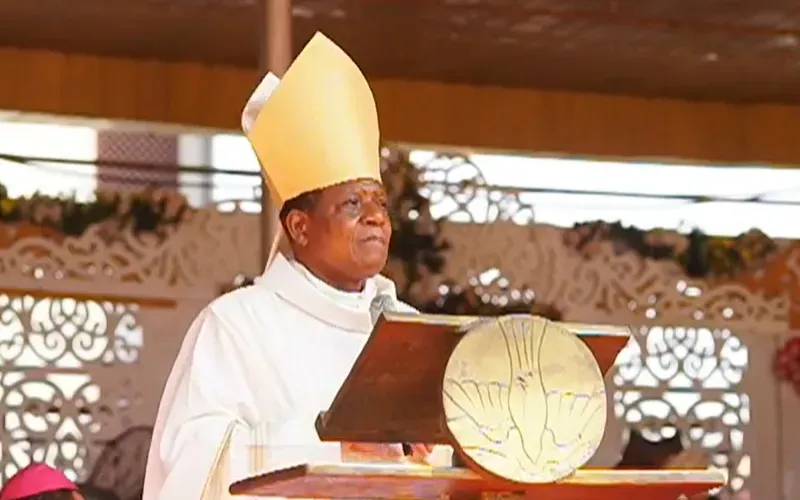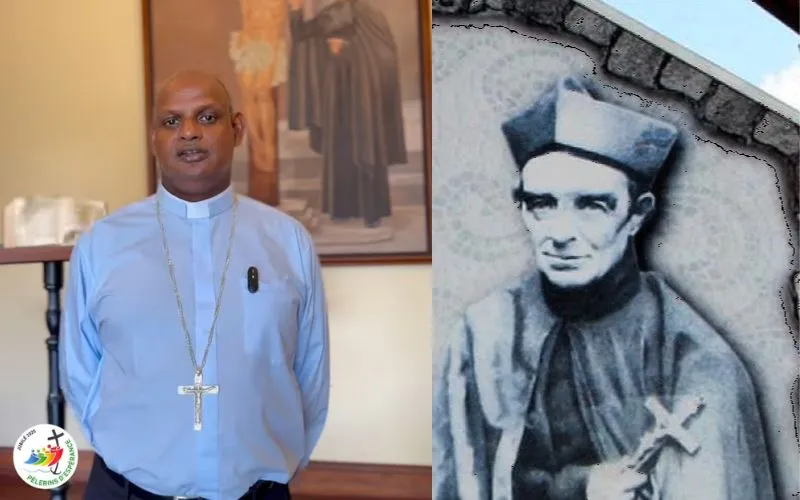He said in reference to Bishop Matthew Hassan Kukah of Sokoto Diocese, where the murder of Deborah took place, “I would weep and pray for my brother and friend, Bishop Kukah, the world acclaimed voice of the voiceless who has now become soft target for those same voiceless people who see him as part of their problem rather than as part of a solution.”
In his message, Bishop Onah said that there is need to pray and weep for the murderers of Deborah because their action stem from what he referred to as a people “left uneducated and unemployed deliberately so that they can be manipulated, brainwashed, and instrumentalised for political ends by religious bigots and political egoists."
The Nigerian Catholic Bishop cautioned the leaders of the West African country against ambivalent condemnation of evil when the offender is one of them. He said that such partial condemnation has affected the country.
The Catholic Bishop who has been at the helm of Nsukka Diocese since his Episcopal Ordination in July 2013 said that the evils happening in the country make it hard for one to preach about love.
“How can you preach love in Nigeria? How can you preach love in a country where violence has become a rule? Where hatred and intolerance have become norms rather than exceptions? Where corruption has become a culture and a tradition? Where impunity has become law?” he said.
Bishop Onah made reference to the recent fourth Plenary Assembly of the Regional Episcopal Conference of West Africa (RECOWA) held in Abuja, Nigeria in which the government urged Catholic Bishops to help calm insecurity in the country and said that Nigerians cannot be safe if the State is helpless.
“We are wondering how the presidency could publicly admit that they have lost control, that they have left the ground so free and the country is so lawless and so stateless that non-state actors now take over the entire country,” he said.
The Local Ordinary of Nsukka Diocese emphasized the challenge of preaching about love in the country, saying, “How can you preach love in a country where those who want to follow the rule of law are regarded by the rest as weak?”
He went on pose, “How can you preach love in a country that claims not to have a state religion but constantly places a religion in the unhealthy advantage of others? How can you preach love where people have collected what belongs to everybody and are doing with it whatever they please?”
“How can you preach love in a country where forgiveness is regarded as weakness? In the country where when you bring light, you are accused of exposing darkness? In a country where when you love you are seen as being stupid. I would have preferred to stay at home and weep and pray for this country but I can’t,” he said.








